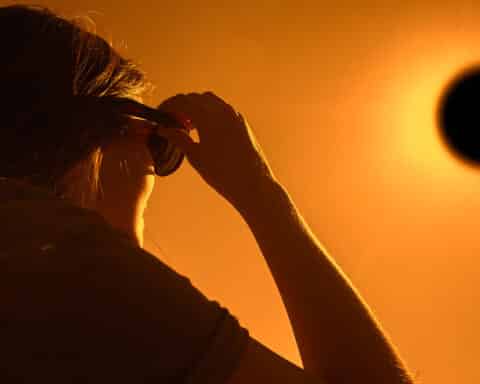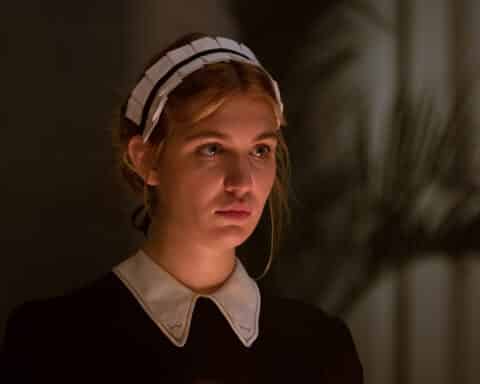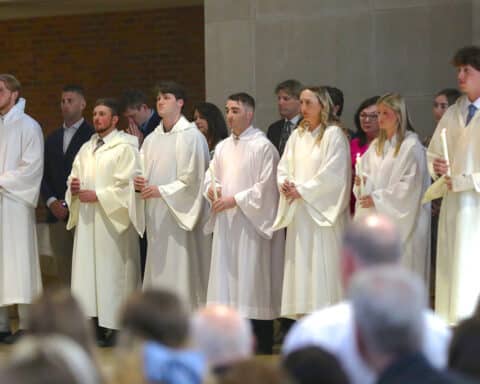
It’s something I’ve been thinking about while watching Season 4 of “The Crown” on Netflix in anticipation of the release of Season 5 on Nov. 9. (Yes, I do realize that Season 4 first released in November 2020, but Baby No. 3 has put me officially about two years behind on pretty much everything!)
In Season 4, the gap between history and present day is growing ever smaller, and we begin to encounter more well-known individuals that have been alive and active in living memory: Margaret Thatcher, Princess Diana, a maturing Prince Charles, a toddling Prince William. The show is so well produced, and so intriguing, that I often find myself spending significant chunks of time down the Google rabbit hole after an episode. “OK, Google, did Queen Elizabeth really talk at such lengths with intruder Michael Fagan?” (No.) “Did Diana Spencer really pass the Balmoral Test with flying colors?” (Yes.) “Were Nerissa and Katherine Bowes-Lyon placed in a mental hospital and then completely ignored by the royal family?” (It’s complicated.)
Watching semi-fictionalized accounts of very real individuals is both fascinating and frustrating. “Don’t do it, Charles!” I might have screamed at the TV when he proposed, followed by a louder, “DON’T DO IT, DIANA!” as she donned her famous ivory puffy-sleeved wedding gown, moving herself one step closer to the fateful 1997 collision in the Parisian tunnel. It’s easy for us, with our benefits of time, omniscience and distance from the character, to be able to applaud decisions that we now know to be wise and click our tongues at those that we now know to be poor. I have found myself wondering if any of those portrayed in the series have watched it and what their reaction might be if they had.
“OK, Google, did Queen Elizabeth watch ‘The Crown?'” (Yes, she did, and reportedly enjoyed it. Prince Philip did not.)
What would it be like for each of us to watch our own lives unfold before us? Major successes and joys celebrated; major defeats and sorrows endured. What rating would we give ourselves, in hindsight, for the decisions we’ve made, the way we responded during certain crises, or the way that we treated another human being? How many times did we opt for “Bad Choice Road,” as the “Breaking Bad”/”Better Call Saul” franchise framed it? How many times did we lose our patience over something small? How many times did we opt for something else — anything else — before prayer, worship or reading Scripture?
If we were able to watch the series of our life, surrounded by our friends and family, would we be proud of what was on the screen? Would we be embarrassed? Gratified? Ashamed? How often would we try to give ourselves or our behavior a pass? It would be a most public examination of conscience.
And maybe that’s not a bad thing, having our life before us for honest appraisal? After all, we know that we are to be judged on our actions here on earth — that the Lord himself will separate the sheep from the goats (cf. Mt 25:32).
Pope St. John Paul II once wrote: “Deceived by the loss of the sense of sin and at times tempted by an illusion of sinlessness which is not at all Christian, the people of today too need to listen again to St. John’s admonition, as addressed to each one of them personally: ‘If we say we have no sin, we deceive ourselves, and the truth is not in us,’ and indeed, ‘the whole world is in the power of the evil one.'”
Will our lives ever likely be projected before us while we live, a la “The Crown”? Most likely not. But maybe we should live like it one day might be.
Gretchen R. Crowe is the editor-in-chief of OSV News. Follow her on Twitter @GretchenOSV.





